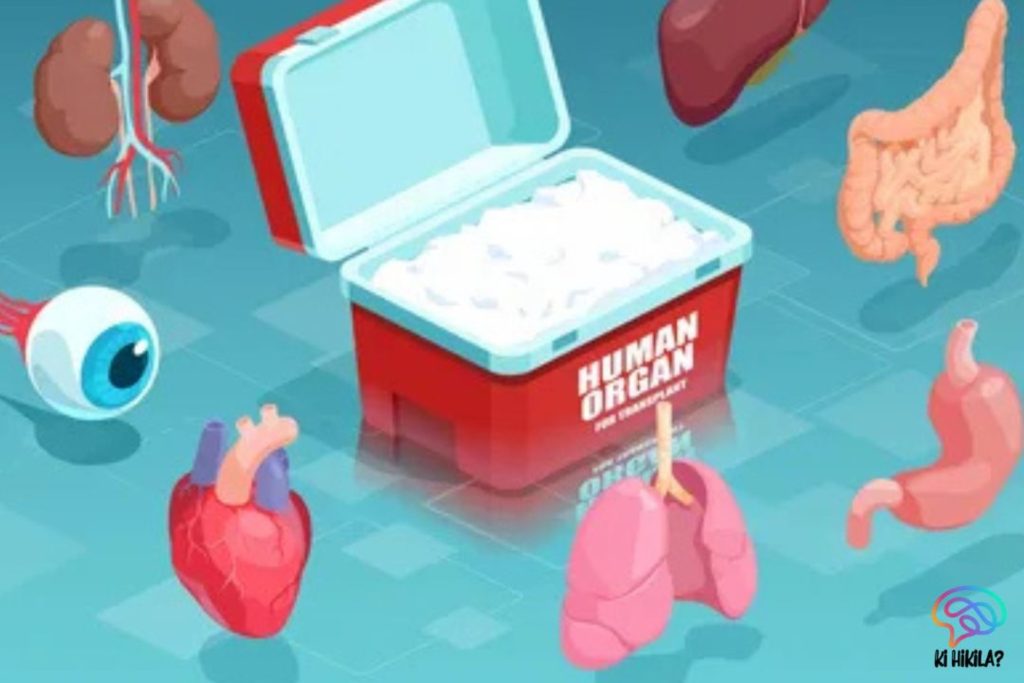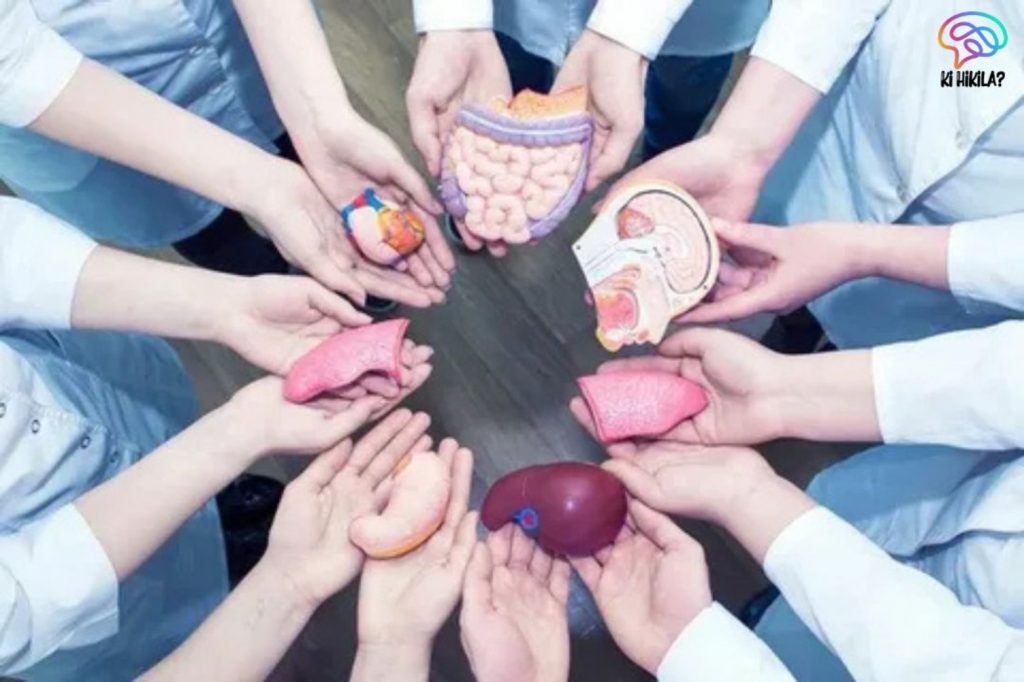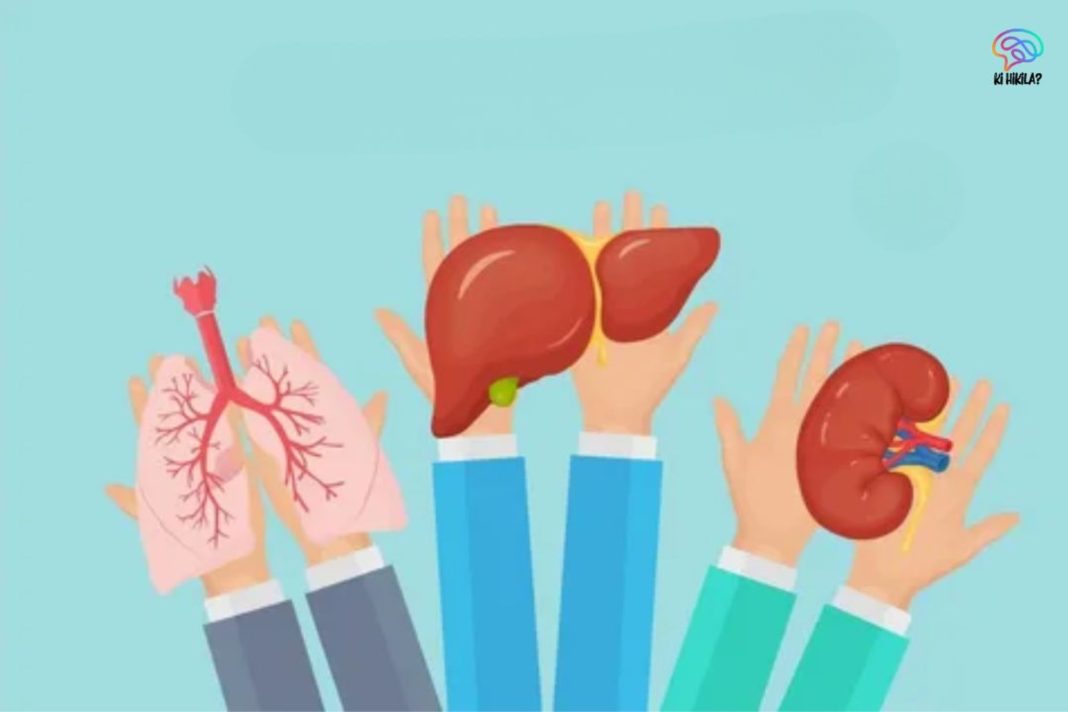Introduction to World Organ Donation Day
World Organ Donation Day is observed every year on August 13 to spread awareness about the importance of organ donation and to inspire people to pledge to donate their organs. This day honors the incredible generosity of organ donors who give others a second chance at life.
Organ donation means voluntarily giving an organ or tissue to someone who needs it, either while alive or after death. Sadly, thousands of people worldwide die every year while waiting for an organ transplant because there are not enough donors. World Organ Donation Day aims to bridge this gap by promoting the life-saving impact of donation.
What is Organ Donation?
Organ donation is the act of giving an organ from one person (the donor) to another person (the recipient) who has a damaged or failing organ.
Types of Organ Donation
- Living Organ Donation
- The donor is alive and healthy.
- Common for organs like one kidney, part of the liver, or bone marrow.
- Example: A father donating one kidney to his child.
- Deceased Organ Donation
- Occurs after the donor has died, usually in a hospital setting.
- Can involve multiple organs, such as heart, lungs, kidneys, liver, and pancreas.
Why is World Organ Donation Day Important?
World Organ Donation Day is not just a date on the calendar; it’s a global call to action. Its importance lies in:
- Raising Awareness: Many people are unaware that they can become donors and save lives.
- Encouraging Registrations: Pledging to be a donor increases the pool of available organs.
- Dispelling Myths: Misinformation often stops people from donating.
- Saving Multiple Lives: One donor can save up to 8 lives and improve over 50 through tissue donation.

Organs and Tissues That Can Be Donated
Knowing what can be donated is a vital part of World Organ Donation Day awareness.
Organs
- Heart
- Kidneys
- Liver
- Lungs
- Pancreas
- Intestines
Tissues
- Corneas (eye)
- Skin
- Bones
- Tendons
- Heart valves
Who Can Donate Organs?
One message of World Organ Donation Day is that almost everyone can be a donor:
- Any Age Group: From newborns to senior citizens, eligibility depends on organ health, not age alone.
- Living Donors: Adults in good health can donate certain organs.
- After Death: Many organs can still be transplanted if the donor passes away in a medical facility.
How to Pledge for Organ Donation
To support World Organ Donation Day, people can follow these steps:
- Register with an Organ Donation Authority in your country.
- Carry a Donor Card or note it in your driving license/ID.
- Inform Your Family about your decision.
- Record Your Consent in official medical records.
Breaking Myths on World Organ Donation Day
Many people hesitate to pledge due to misconceptions.
- Myth 1: Doctors will not try to save you if you are a registered donor.
Fact: Medical teams always focus on saving the patient’s life before considering donation. - Myth 2: Organ donation is against religion.
Fact: Most major religions see it as a noble act of charity. - Myth 3: You cannot have an open-casket funeral after donating.
Fact: Organ donation does not prevent traditional funeral arrangements.
World Organ Donation Day in India and the World
- Globally: Countries like Spain and the USA lead in organ donation rates.
- In India: The National Organ and Tissue Transplant Organisation (NOTTO) coordinates awareness campaigns and registration drives. While awareness is growing, there is still a shortage of donors, making World Organ Donation Day essential.
How Communities and Schools Can Observe World Organ Donation Day
- Organise educational sessions in schools to teach children the value of donation.
- Invite doctors or transplant survivors to share real-life stories.
- Set up pledge booths in public places.
- Share donor and recipient success stories in newspapers and social media.

The Gift of Life – The True Message of World Organ Donation Day
World Organ Donation Day teaches that even after death, a person can create a lasting impact by saving lives. Donors become silent heroes, remembered not for what they took from life but for what they gave to others.
As the awareness message says: “You can live twice – once for yourself, and once through someone else.”
Conclusion – The Lasting Impact of World Organ Donation Day
World Organ Donation Day is more than just an awareness event — it is a reminder of humanity’s greatest gift: the ability to give life to another. By pledging to donate organs, each person holds the power to change the course of someone’s future, offering hope where there was despair.
It encourages us to rise above myths, fears, and doubts, replacing them with knowledge, compassion, and action. The message is simple yet powerful — a part of you can live on in someone else, giving them a second chance at life.
If more people join this movement, the long waiting lists for transplants could shorten, and countless lives could be saved. On every World Organ Donation Day, we are called to remember that even in death, we can be life-givers — and that legacy is one of the noblest any human can leave behind.
Frequently Asked Questions (FAQs) on World Organ Donation Day
Q1. When is World Organ Donation Day celebrated?
A: It is observed every year on August 13.
Q2. Can I choose which organs to donate?
A: Yes, you can specify which organs or tissues you wish to donate.
Q3. Can people with illnesses become donors?
A: In many cases, yes. Doctors will determine which organs are healthy enough for donation.
Q4. Does organ donation cost anything for the donor’s family?
A: No, the donation process does not cost the donor’s family.
Q5. How many lives can one donor save?
A: A single organ donor can save up to 8 lives and improve the lives of more than 50 people through tissue donation.



